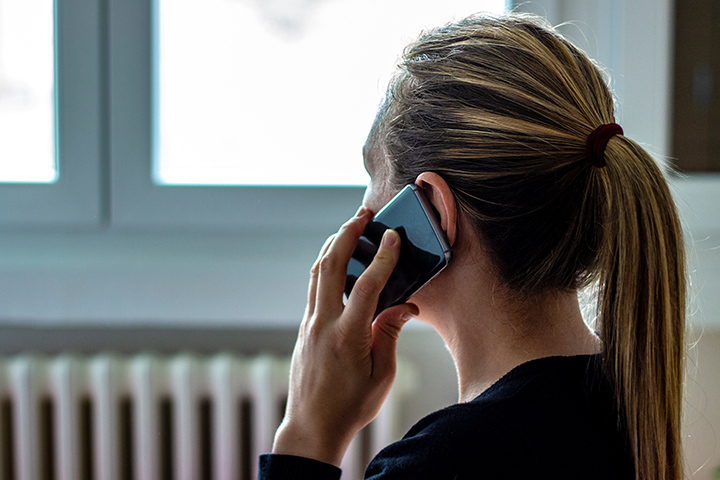Telehealth Services
We are keen to continue to provide support to our patients and community and are currently in the process of transitioning our service delivery to Telehealth.
We have already done so with some patients over this past week and are experienced at providing Telehealth services over the telephone or online. We have been doing this on a small scale for years – often for patients that have moved overseas or interstate and have wished to continue to receive mental health care.
In this rapidly evolving situation, we are expecting to transition fully to Telehealth Services in the very near future.
Some Information About Telehealth Psychology Sessions
As much as possible, Telehealth psychology sessions (which may be via Skype or telephone) should be just like face-to-face sessions. This is what your psychologist is hoping to provide – the least amount of disruption to your treatment and care.
However, there are a few key differences that are important to know about before agreeing to continue therapy, or start therapy, via Telehealth.
Firstly, we have chosen to use Skype as our Telehealth platform. There are several reasons for this. The main reason is because we believe Skype is user-friendly, free to install and to use, familiar to many, and from the information we have, it has a relatively low rate of dropping-out. Whilst we understand Skype is used and endorsed by many Telehealth providers, there are always issues pertaining to security and confidentiality for any Telehealth platform.
Protecting yourself online: what everyone needs to know is an Australian Government resource we recommend if you feel you would like to refresh yourself with ways of protecting your privacy online. The link for this resource is:
We will also take all reasonable steps to ensure the security of your information.
Before commencing a Telehealth session, you should:
- Make sure you are in a private space where your conversation cannot be overheard.
- As much as possible, limit any chance of disruption during the session.
- Sit in a light and bright area with a backdrop you are happy with.
At the start of a Telehealth session, we will:
- Ask where you are calling from.
- Ask for a phone number to call you on (in case our line drops out part way through the session).
- Ask you to nominate one or two persons we could contact in an emergency, or if we are concerned about risk of harm to yourself or others (if it is not your first Telehealth session, we will check if you are happy with the persons you previously nominated).
- Discuss with you what will happen if we have significant concerns for your safety during the call. This may include contacting one of your nominated persons, a local health provider, or an emergency service in your area.
- Remind you to please not record the session.
After your Telehealth session, you should:
- Allow yourself a little quiet time to relax and settle before resuming your daily routine and duties.
A couple of other things to remember:
- It is not uncommon to get upset when talking to a psychologist, given the nature of the things discussed in session. If this happens, please don’t turn off the camera or hang up the phone. Your psychologist will be more than happy to give you the space you need to take some time to breathe and calm yourself. It is important that you continue the session so that you can be supported through any difficult emotional experiences.
- Telehealth sessions operate just like face-to-face sessions, in that they start and finish at a scheduled time. It is important to know that your psychologist is not contacted outside of scheduled times. This is for several reasons, including the likelihood that your psychologist won’t be available to respond to you immediately.
Please continue to contact us on 1300 133 013 or email paul@movingforward.net.au to make or change appointments or to leave a message.
Your psychologist will get back to you as soon as possible.
If ever you are in crisis, there are alternative numbers to call, including Lifeline on 13 1114 and the Suicide Call-back Service on 1300 659 467. You can also call the NSW Mental Health Access Line 1800 011 511 for assistance and they can help you to get in touch with your local mental health team. In an emergency, please dial 000.
We are aware that the COVID-19 pandemic has been such a huge source of stress and disruption for many.
Please know that we want to support you thought this difficult time in the best way we can.
We understand that for many, Telehealth sessions may not be preferred method for receiving treatment. However, we are hoping to make the transition from face-to-face sessions as seamless as possible.
Take care,
from the team at Moving Forward

